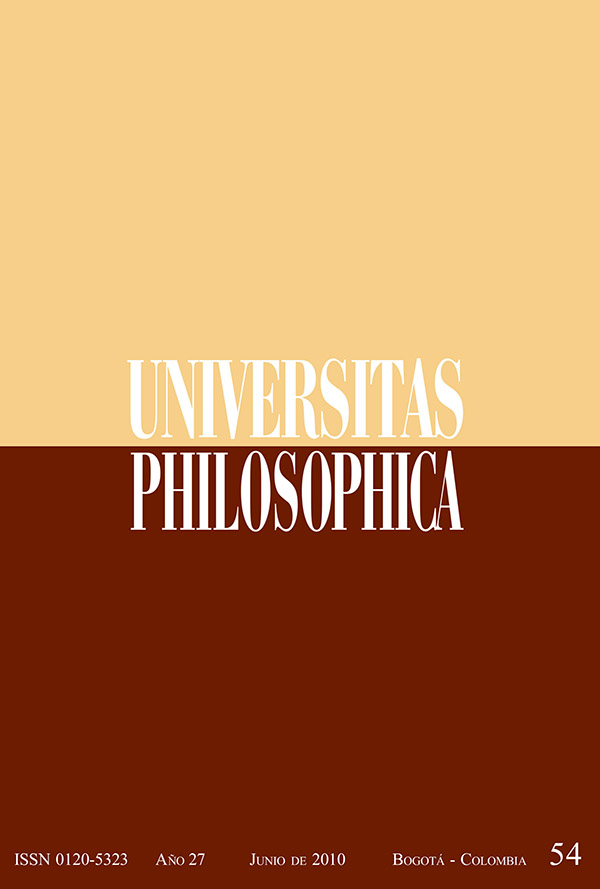Abstract
Can we find propositions that cannot rationally be denied in any possible world without assuming the existence of that same proposition, and so involving ourselves in a contradiction? In other words, can we find transworld propositions needing no further foundation or justification? Basically, three differing positions can be imagined: firstly, a relativist position, according to which ultimately founded propositions are impossible; secondly, a meta-relativist position, according to which ultimately founded propositions are possible but unnecessary; and thirdly, an absolute position, according to which such propositions are necessary. In this short essay I show that under the premise of modal logic S5 with constant domain there are ultimately founded propositions and that their existence is even necessary, and I will give some reasons for the superiority of S5 over other logics.This journal is registered under a Creative Commons Attribution 4.0 International Public License. Thus, this work may be reproduced, distributed, and publicly shared in digital format, as long as the names of the authors and Pontificia Universidad Javeriana are acknowledged. Others are allowed to quote, adapt, transform, auto-archive, republish, and create based on this material, for any purpose (even commercial ones), provided the authorship is duly acknowledged, a link to the original work is provided, and it is specified if changes have been made. Pontificia Universidad Javeriana does not hold the rights of published works and the authors are solely responsible for the contents of their works; they keep the moral, intellectual, privacy, and publicity rights.
Approving the intervention of the work (review, copy-editing, translation, layout) and the following outreach, are granted through an use license and not through an assignment of rights. This means the journal and Pontificia Universidad Javeriana cannot be held responsible for any ethical malpractice by the authors. As a consequence of the protection granted by the use license, the journal is not required to publish recantations or modify information already published, unless the errata stems from the editorial management process. Publishing contents in this journal does not generate royalties for contributors.


